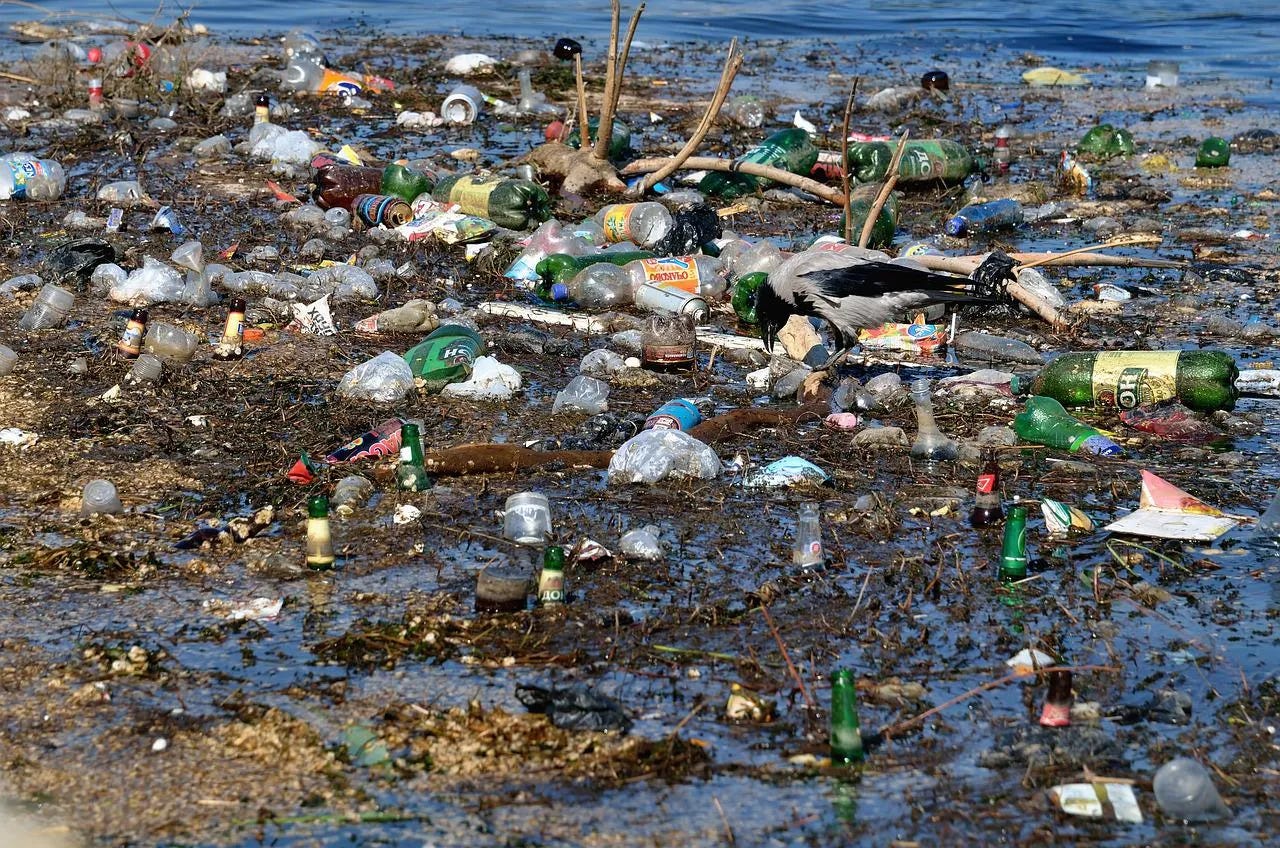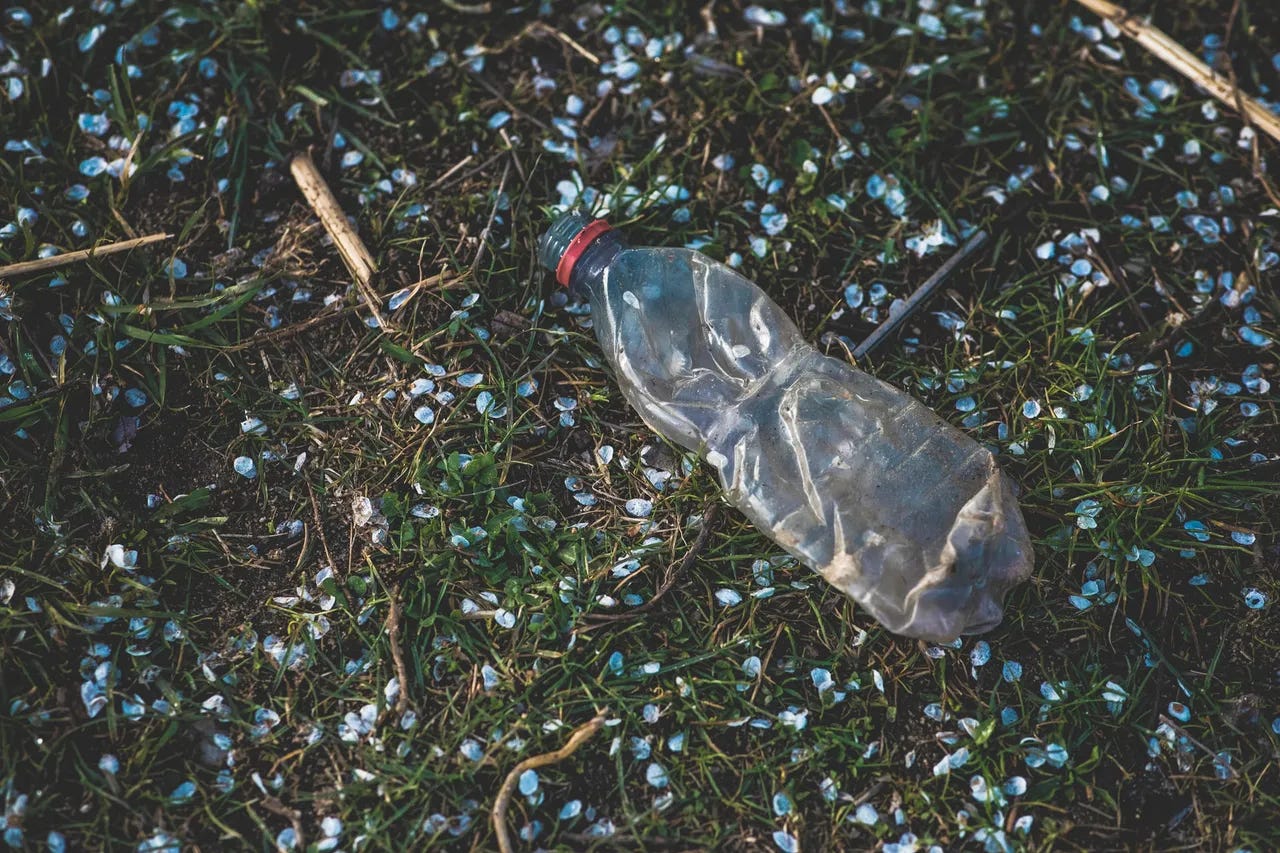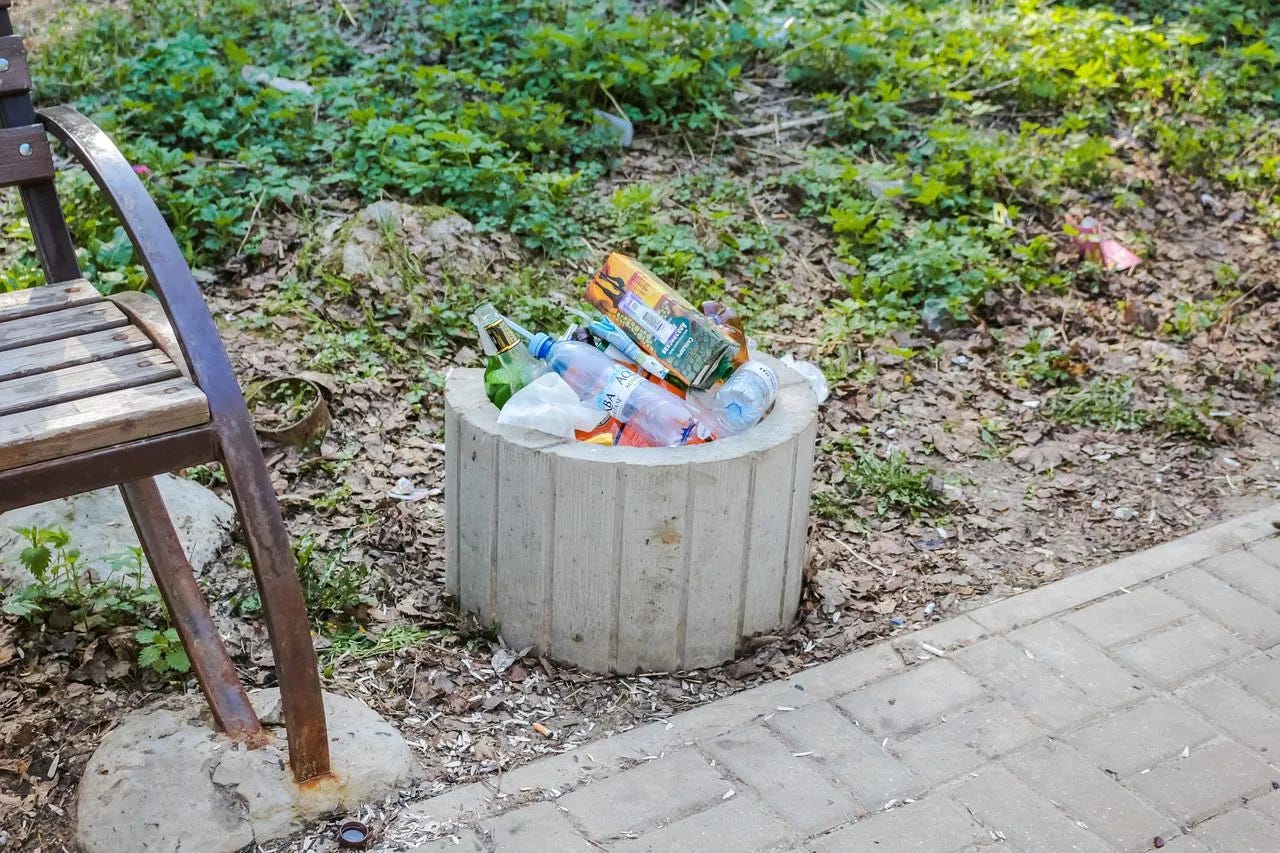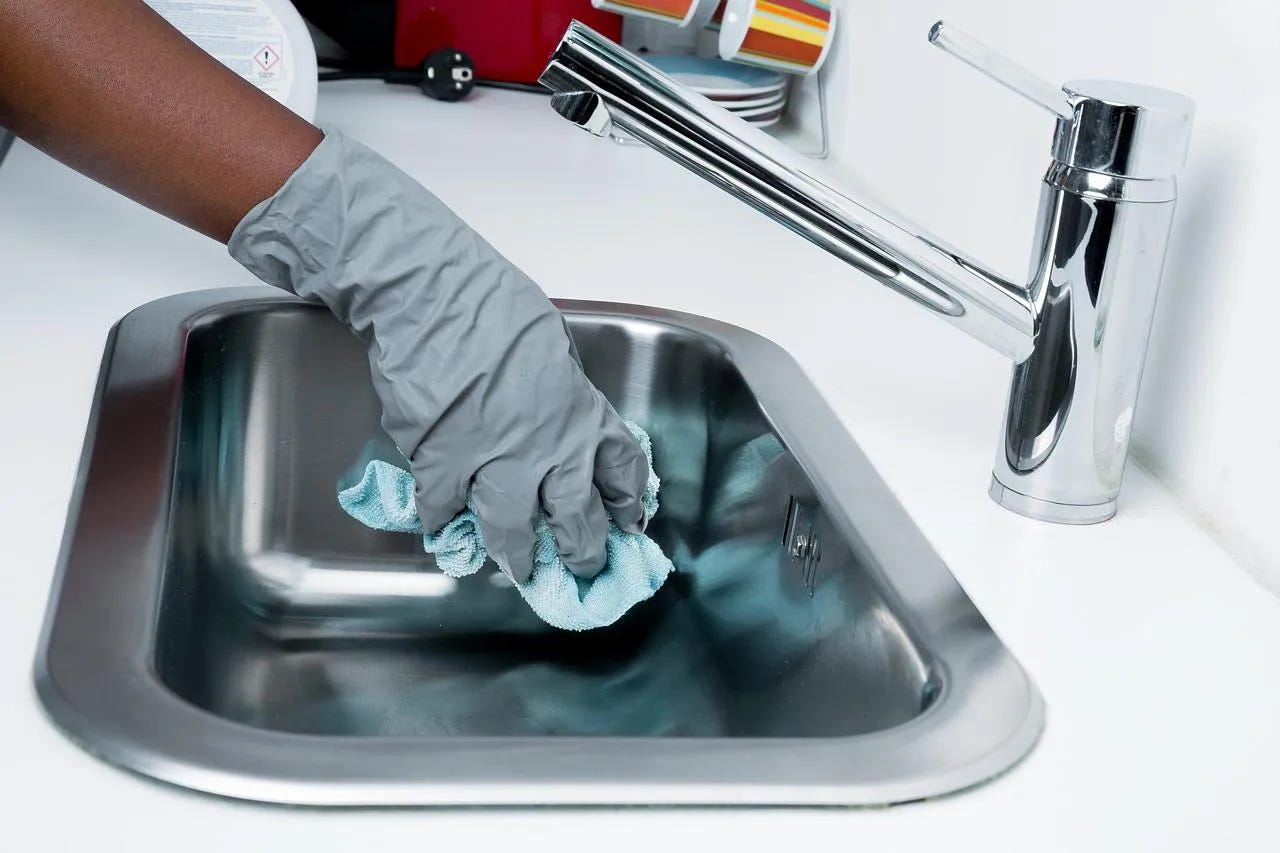What is holiness? Is it cleanliness, righteousness, or sanctification? What exactly does it mean to be holy?
If you’ve ever wondered what holiness means, you’re in the right place.
This article will discuss the true meaning of holiness and whether anyone can be holy.
But first, let’s talk about what cleanliness means.
What does cleanliness mean?
Cleanliness is freedom from dirt. In other words, removing all dirt from your kitchen sink means that the sink is clean.
So, does it imply that a clean sink is also a holy sink? Let’s find out.
Is cleanliness synonymous with holiness?
In 2 Kings 5:9-14, Elisha told Naaman to go wash himself in river Jordan (a dirty river) to cure his disease.
But Naaman was wroth because, logically, it is impossible to be clean by bathing with dirty water.
Naaman believed River Jordan was too dirty for his status. He would instead choose River Abana or Pharpar, which were much cleaner.
In other words, Naaman perceived Jordan as a river that wasn’t clean enough for honorable men like him. But Elisha knew River Jordan to be holy enough to cure diseases.
Dirt is the substance that makes something look unpleasant.
The image below shows lots of dirt—cans, glass bottles, plastics, cups, sticks, etc. These things are dirt because they do not make the water surface appealing.

If I remove one of the dirt (for instance, a plastic bottle), the dirt removed can become dirt again if used to disfigure another thing.

Also, the bottle removed can become a waste if moved to a designated location for dirt.

However, the dirt removed can be cleansed from its dirty characteristics if used to add beauty to an object (or a person).

All things with dirt on them are called dirty things. For instance, a river with dirt on it is called a dirty river.
God can use all things
Looking again at 2 Kings 5:9-14, Naaman knew river Jordan as a dirty river because it had things that made it appear unclean to people.
But Naaman failed to realize that after God created dust, leaves, stones, insects, and sand, God saw that everything He made was good (Genesis 1). And He commanded man to replenish, subdue, and dominate everything on earth.
Therefore, Naaman failed to realize that as much as God hasn’t commanded man to relocate anything, He doesn’t mind where man chooses to place the leaves, stones, insects, and the like.
To God, everything He created is good—not dirt.
God has given all earthly things to man to use as he pleases—except the Creator gives specific instructions. (1 Corinthians 10:31)
Elisha understood that everything in River Jordan was still God’s creation and excellent unto HIM. Therefore, He was able to use everything to manifest His power.
2 Kings 5:9-14, therefore, shows that when a person is not pleased with the degree of cleanliness of a thing, God continues to be joyous with the good nature of all His creation.
When a person is not pleased with the cleanliness of any earthly thing, they are responsible for tidying it to their desire (satisfying state).
Therefore, a neat room is one that a person has purposefully made clean by removing unpleasant things. But that does not make the room holy.

Yet, any room can be holy irrespective of its cleanliness or dirtiness.
Clean things are things empty of unpleasant things.
So, at what state can an object or a person be considered holy? Let’s find out.
When can an object or a person be considered holy?
To answer the question, let’s understand what “Holy” means.
What does “Holy” mean?
Isaiah 6:3 revealed that the seraphim cried unto one another, “Holy, Holy, Holy is the Lord of hosts (Revelation 4:8)—which implies that the term “HOLY” means God Almighty. And, according to John 14:8-11, we know that God Almighty refers to Jesus Christ.
Therefore, a holy object is an object that God Almighty dominates entirely.
Likewise, a holy person is a person dominated by Jesus Christ. (1 Peter 1:15-16; Leviticus 11:44; Leviticus 19:2)
An example of a holy life is found in Psalms 114, which describes Exodus 12 when God dominated the Israelites and made them HIS sanctuary.
Keep in mind that holiness and sanctification are not the same.
What is sanctification?
Sanctification is to separate one’s life (or thing) entirely for Jesus Christ to dominate. (Romans 12:1; Leviticus 20:7)
In other words, sanctification precedes holiness.
Sanctification makes one ready to become holy.
Before we wrap up our discussion, you should know six essential things about holiness. Let’s discuss them.
Six important stuff to know about holiness
Righteousness is to do the right things.
A life that is perfectly clean and empty of everything is dead.
A life that is earthily clean but contains dirty content is doomed.
Holiness is Christ’s absolute dominion over a person or thing.
A holy man who is earthily dirty harms his earthly self. He sins if he disobeys God’s command to live a clean, earthly self. Keep in mind that the danger posed by a holy, dirty man is that he might cause others to sin.
A holy and earthily clean person does great benefits to himself.
Are you attractive and delicious?
A customer went to the shop to buy an orange. She saw two oranges in the shop—one was dirty, and the other was very clean.
Consequently, the customer was pleased to buy the clean orange because of its cleanliness.
Whenever the customer consumes the orange, she will thrash it away if its taste displeases her.
But if the customer finds the orange delicious, she will hunger for more of the same orange. (Psalm 34:8)






